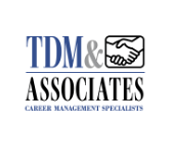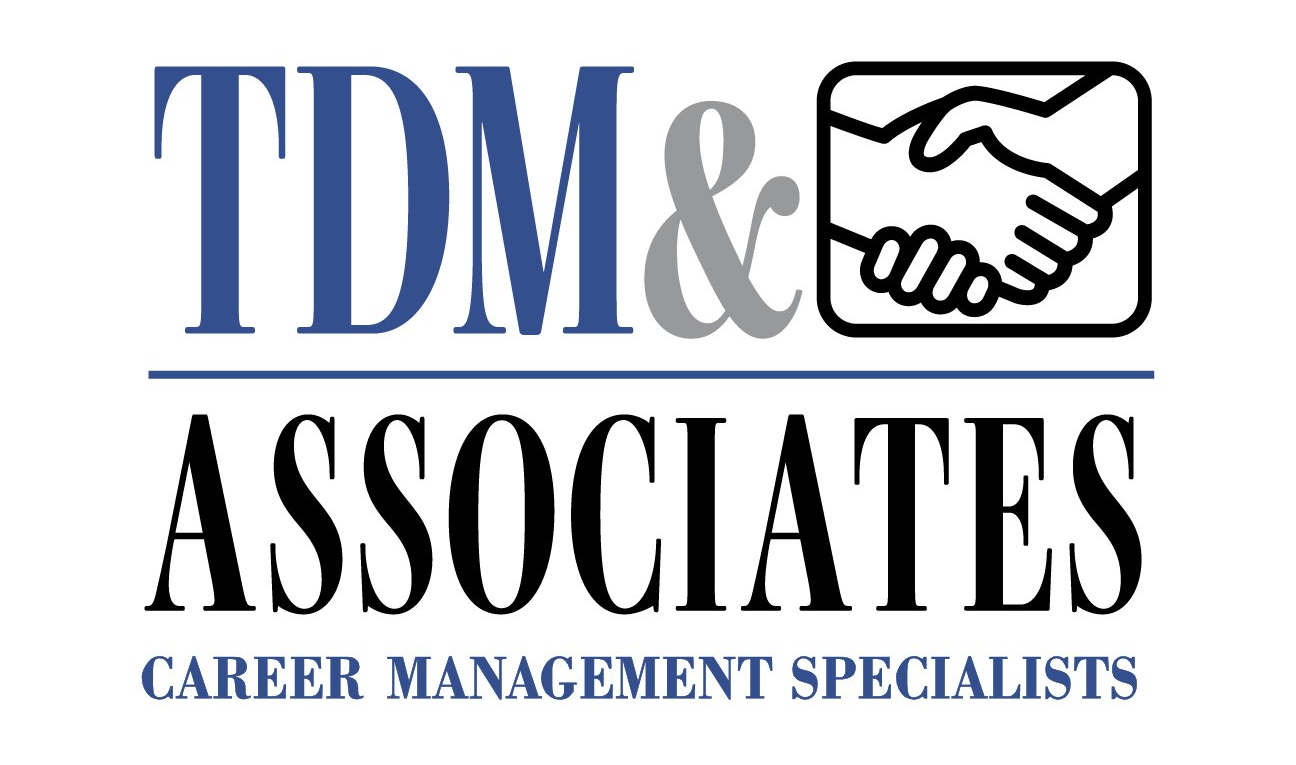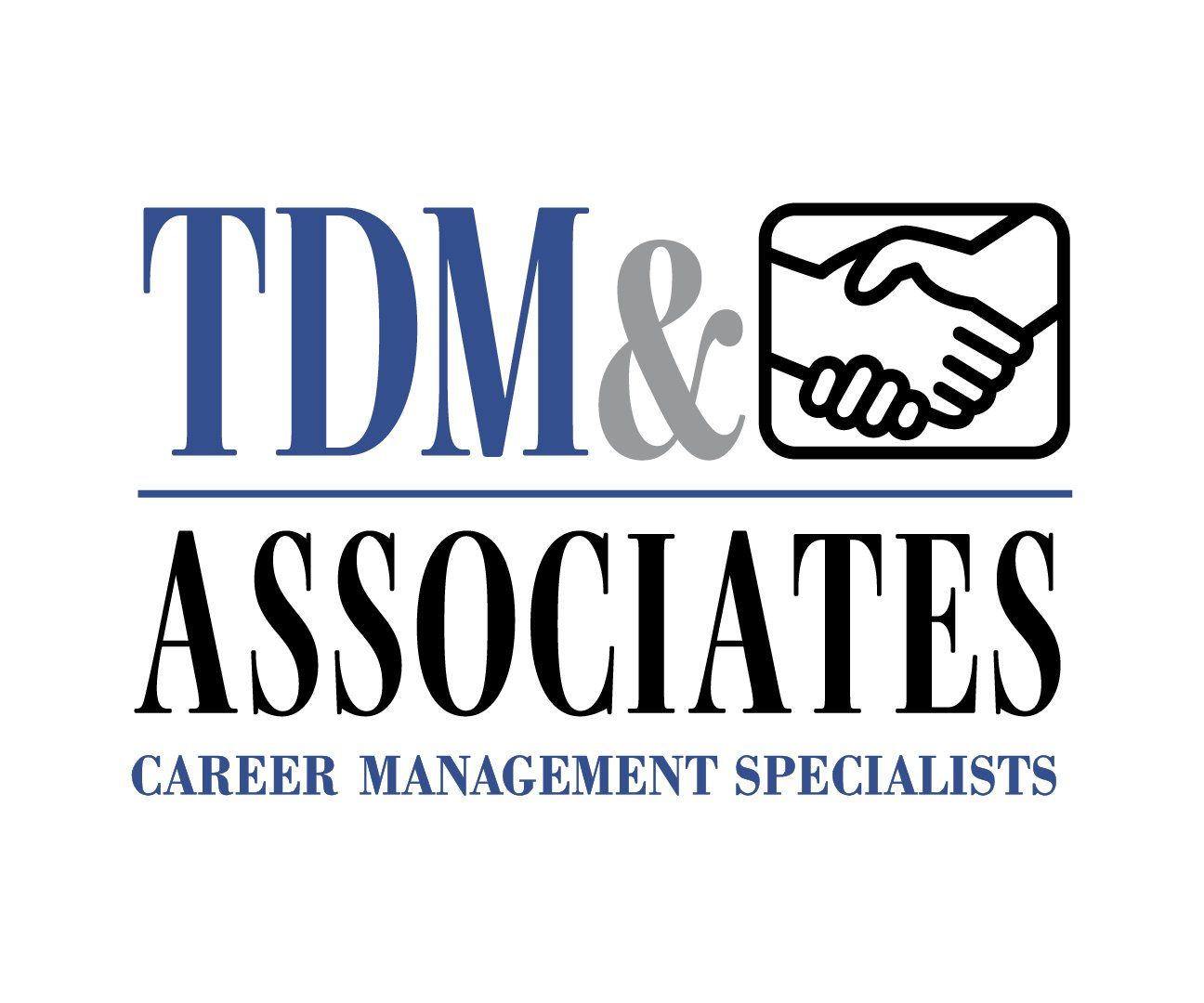From Résumé to Role
What Hiring Managers Actually Look For
You can have years of experience, great technical skills, and glowing references—and still get passed over for a role. Why? Because hiring isn’t just about what’s on your résumé. It’s about the story it tells, the impression you make, and the qualities hiring managers look for that rarely show up on paper.
At TDM & Associates, we’ve spent decades building relationships with hiring teams in manufacturing, engineering, and operations leadership. We don’t just submit candidates—we ask what makes someone memorable, promotable, and trusted. What we’ve learned is this: the people who get hired are the ones who show how they think, how they contribute, and how they fit into a team.
If you’re wondering what makes a résumé or interview stand out, we’re sharing exactly what we hear behind the scenes—and how to use that knowledge to move from résumé to role, confidently.
What Really Gets Attention in a Résumé
Most hiring managers spend less than 10 seconds on an initial résumé scan. That’s not a lot of time to make an impression—which is why clarity, relevance, and structure matter more than ever.
If your résumé is packed with everything you’ve ever done but says little about what you’ve accomplished, it’s time to rethink your approach.
Here’s what stands out to the people actually making hiring decisions:
Clear accomplishments
Hiring managers want to know what you’ve contributed, not just what you were responsible for.
Instead of:
“Managed inventory for three warehouses”
Try:
“Reduced inventory waste by 32% across three warehouse locations through improved tracking and vendor accountability”
It’s a simple shift—but one that signals ownership, initiative, and results.
Results that show impact
Numbers get attention. So do action verbs and concrete outcomes.
If your résumé includes cost savings, team leadership, process improvements, or throughput increases, don’t bury that. It belongs on page one, not in a final bullet point.
Industry-relevant language
We recruit across manufacturing, engineering, and technical operations—and every industry has its own vocabulary. Using the right keywords not only gets you through ATS filters (Applicant Tracking Systems), it also helps a hiring manager immediately recognize that you speak their language.
If you’re switching industries or updating a résumé that’s a few years old, this is where many job seekers get stuck—and where our sister company,
RYD Career Coaching, can help.
What Gets Attention in an Interview
By the time you’re invited to interview, the hiring team already knows you meet the baseline qualifications. At that point, they’re assessing something deeper: how you show up in the room, how you solve problems, and whether they can imagine working with you.
Here’s what hiring managers consistently tell us stands out:
Ownership of past work
It’s not enough to describe what your team did. They want to know what you did.
Talk about decisions you made, processes you improved, problems you helped solve. When you use phrases like “I was responsible for,” follow it up with how you approached it, what you learned, and what changed as a result.
Example:
“I led the rollout of a preventative maintenance schedule across three facilities. It reduced unplanned downtime by 40% in six months.”
That’s what ownership looks like—and it builds trust quickly.
Communication style
Clear communication is one of the top soft skills hiring managers watch for, especially in leadership and cross-functional roles. That includes how you organize your thoughts, respond to follow-up questions, and manage the pace of the conversation.
You don’t have to be flashy. You just have to be clear and steady.
Curiosity—not just qualifications
We hear this a lot:
“She asked really thoughtful questions.”
“He had clearly done his research.”
“They were genuinely interested in how our team worked.”
That curiosity signals initiative and long-term potential. If you’re only focused on salary and schedule, they’ll notice. If you’re focused on fit, growth, and contribution—they’ll remember.
What We Hear from Hiring Managers Behind the Scenes
One of the advantages of working with a recruiter—especially one who’s deeply connected in your industry—is getting insight into what happens after the interview.
At TDM & Associates, we stay in close contact with our client companies throughout the hiring process. That means we hear the real feedback—the off-the-record impressions, the concerns, and the reasons people get hired or passed over.
Here’s what hiring managers say when someone makes a strong impression:
“They came prepared.”
This doesn’t mean they rehearsed a script. It means they took time to understand the company, read the job description carefully, and came in with examples that connected their experience to the needs of the role.
Preparedness is about respect—for the company, the interviewer, and your own time.
“They asked great questions.”
It’s amazing how often this one comes up. Strong questions show that you’re engaged, thoughtful, and focused on long-term fit—not just landing a paycheck. Candidates who ask about leadership style, team dynamics, upcoming projects, or success metrics often stand out as future leaders.
“They seemed like someone we’d want to work with.”
At the end of the day, every hiring decision involves this unspoken question: Do I trust this person to show up, collaborate, and represent us well?
That’s not something a bullet point can communicate. That’s where your presence, your clarity, and your curiosity come in.
How TDM Helps You Tell Your Story
Resumes and interviews aren’t just about information—they’re about storytelling. And when you’ve been in the industry for a while, your experience tends to pile up in a way that’s hard to summarize clearly. That’s where we come in. At TDM & Associates, we don’t just forward your resume. We help you shape your story in a way that resonates with hiring managers—because we talk to them every day.
Here’s how we support you from first contact to final offer:
Resume review and revisions
We take a look at your current resume and tell you what’s working—and what’s not. From formatting to phrasing to strategy, we help you highlight the accomplishments and language that matter most to the industries we serve, including manufacturing, engineering, and operations leadership.
Need a full overhaul? We partner with RYD Career Coaching to provide advanced resume writing services that go well beyond templates. Together, we make sure your materials reflect your value—and get through the filters.
Interview prep
We walk you through what to expect, what to emphasize, and what hiring managers will likely probe. Whether it’s your first interview in a while or your tenth in a month, we’ll help you show up grounded and confident.
Many candidates tell us our prep sessions made the difference—not just in how they answered, but in how they felt walking into the room.
Role-by-role coaching
Not every opportunity calls for the same approach. We tailor our advice to the position, the company, and the hiring team. If a company prioritizes continuous improvement, we help you frame your Six Sigma experience. If a leadership role calls for cross-functional collaboration, we guide you on how to emphasize communication over control.
Our goal isn’t just to help you get hired—it’s to help you land well.
Conclusion: From Résumé to Role—The Support You Deserve
Hiring isn’t just about checking boxes. The candidates who get hired are the ones who know how to tell their story—clearly, confidently, and with purpose. And while experience matters, what often matters more is how you communicate that experience in a way hiring managers understand and remember.
At TDM & Associates, we know what hiring managers want—because we ask them. We advocate for you behind the scenes, coach you through each step, and help you show up as the best version of yourself.
Whether your résumé needs work, you haven’t interviewed in years, or you’re simply ready for a change but unsure where to start—we’re here.
Let’s work together to move you from résumé to role.











